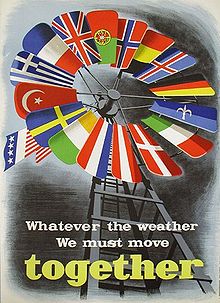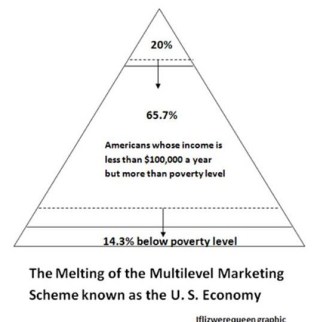(So…it’s been a while since this blog has been updated. Largely, this is because I’ve been very busy finishing up my dissertation, which devours free time like a ravenous beast. However, as of about a week ago, I’ve defended and am quite done with all that. So I’m going to begin policy-blogging again; however, my main venue is probably going to shift over to Lawyers, Guns, and Money for a number of reasons. However, I will still be cross-posting back to this blog to keep all of my material available in one place.
Here’s the first policy piece I’ve done for them. Enjoy!)
While I normally enjoy or at least tolerate the Washington Post’s Wonkblog on the grounds that at least they have more substantive policy discussions going on than the rest of the Post, it does seem lately that Dylan Matthews’ presence there is intended to fulfill some quota of center-right pseudo-contrarianism that’s hard-coded into the Post’s DNA. A recent provocation, this time on inequality, is a more quantitative gloss on why American poverty doesn’t matter:
What this is telling us is that in India and Brazil, the poorest people are among the poorest people in the entire world, whereas the richest people are either middle-class, globally speaking, as is the case in India, or are for-real rich, as is the case in Brazil. But if you’re in Russia and especially if you’re in the United States, the mere fact that you live there means that you are not (with some exceptions) poor in the global sense. The bottom fifth of Americans are still well above the middle of the world income distribution.

